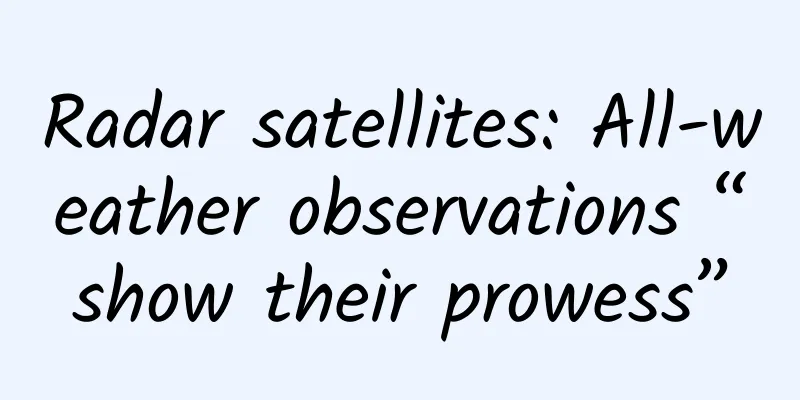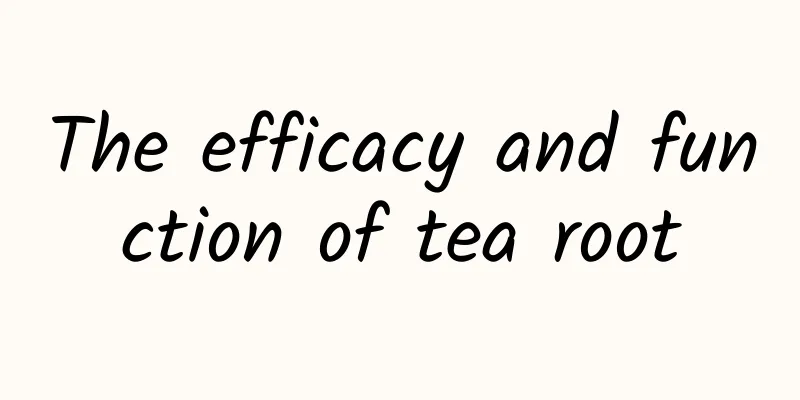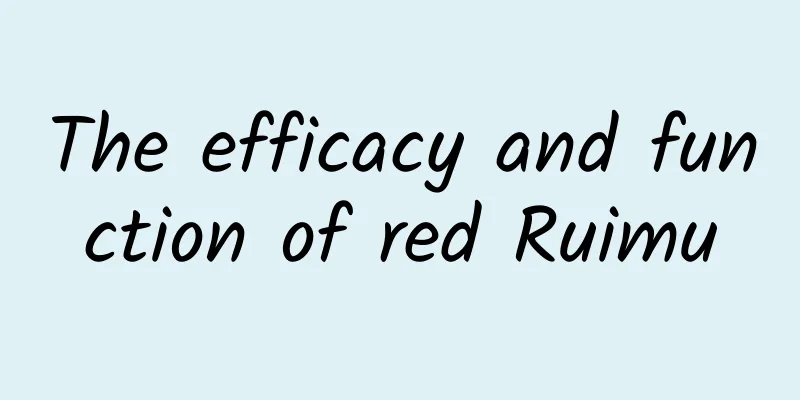The efficacy and contraindications of thatch root

|
Thatch root is quite common in our daily life, and it can also be said that thatch root is a kind of Chinese medicinal material. The application of thatch root is very extensive both in life and clinically. In traditional Chinese medicine, the efficacy and function of thatch root are also very significant, and it can be used to treat many diseases. However, when using any medication, you must understand its contraindications to avoid unnecessary side effects. What are the effects and contraindications of thatch root? 1. The root of the Chinese herbal medicine is a diuretic Diuretic is one of the important functions of the traditional Chinese medicine thatch root. This medicine contains a large amount of potassium salt and very little sodium. After people take it, it can promote the excretion of sodium in the body and improve kidney function, thus playing a good diuretic role. It has a good therapeutic and relieving effect on human urinary problems and body edema. 2. The root of the Chinese herbal medicine can stop bleeding The Chinese medicine thatch root can effectively reduce the time of plasma calcium recalcification and accelerate blood coagulation. It can play a good hemostatic role. When people vomit blood, have blood in the stool, or cough up blood, they can Drinking a decoction of the Chinese medicine thatch root can quickly improve bleeding symptoms.3. The root of the Chinese herbal medicine can relieve fever and calm the nerves Antipyretic and sedative are also important functions of the traditional Chinese medicine thatch root. The coixol it contains can inhibit the metabolism of skeletal muscles in the human body, and can also regulate nerves, which has a good preventive and alleviating effect on the common insomnia and neurasthenia in humans, as well as fever and other adverse symptoms. 4. Taboos of Chinese medicine thatch root Although the Chinese medicine thatch root has many medicinal effects, there are some contraindications when taking it. People with weak spleen and stomach and low urine volume should not take the Chinese medicine thatch root. In addition, when taking the thatch root, it should not be soaked in clean water for a long time, otherwise its nutrients will be lost in large quantities, and it will not have the desired effect when taken again. |
<<: The role and efficacy of Imperata root
>>: The efficacy of lemongrass water bath
Recommend
What are the benefits of drinking sour grass soaked in water?
Sour grass is also called nightshade. It is a pla...
The efficacy and function of owl bones
There are many kinds of common Chinese medicinal ...
Simple and practical! The linear iteration method created by three Germans surpassed an era
December 26th this year marks the 200th anniversa...
Science poster: How does an infrared forehead thermometer measure body temperature?
Science poster: How does an infrared forehead the...
A mysterious area that covers 60% of the Earth hides a new discovery in ecology!
Although human technology has enabled us to trave...
The efficacy and function of Trachelospermum erythrorhizon
In our lives, Trachelospermum jasminoides has att...
What are the root and rhizome Chinese medicines?
There are many types and sources of Chinese medic...
Dietary considerations during Chinese medicine intake
As people in modern society pay more and more att...
What are the effects of Astragalus soaked red dates
When soaking Astragalus in water, many people lik...
Breaking the 20-year Western technology blockade! He made it easier for Chinese people to make phone calls
Today, communications and the Internet have becom...
Have you been sitting for a long time during the Chinese New Year? What are the harms of sitting for a long time? You will be surprised after reading this
Expert of this article: Li Siwei, Secretary Gener...
Hangzhou Asian Games successfully concluded! What kind of black technology is contained in the world's first "CNC lawn"?
The 19th Asian Games came to a successful conclus...
The efficacy and function of Hypericum fruit
Hypericum fruit is a very common Chinese medicine...
What are the effects of the traditional Chinese medicine white Poria
For some diseases, using western medicine may be ...









